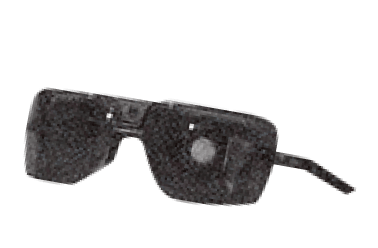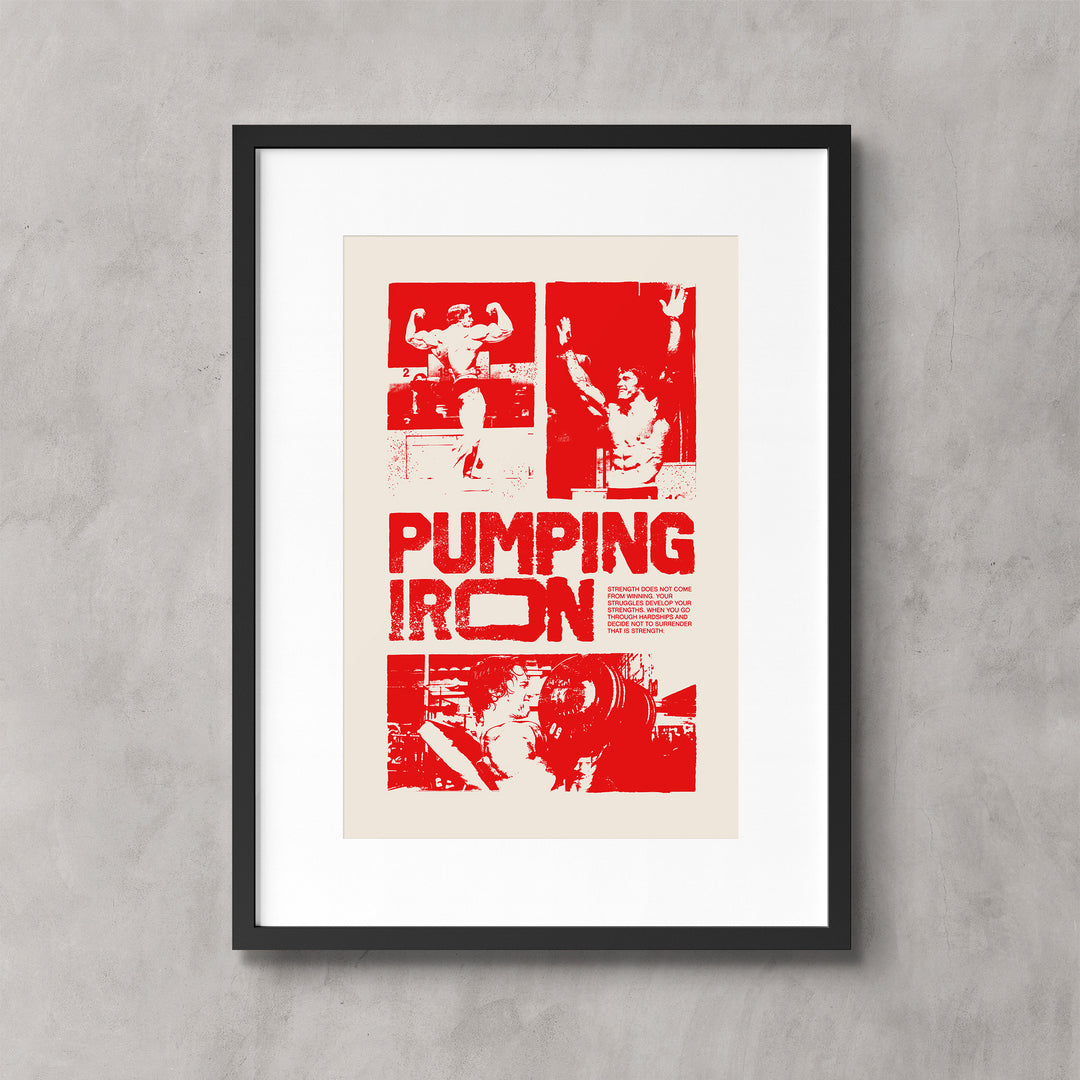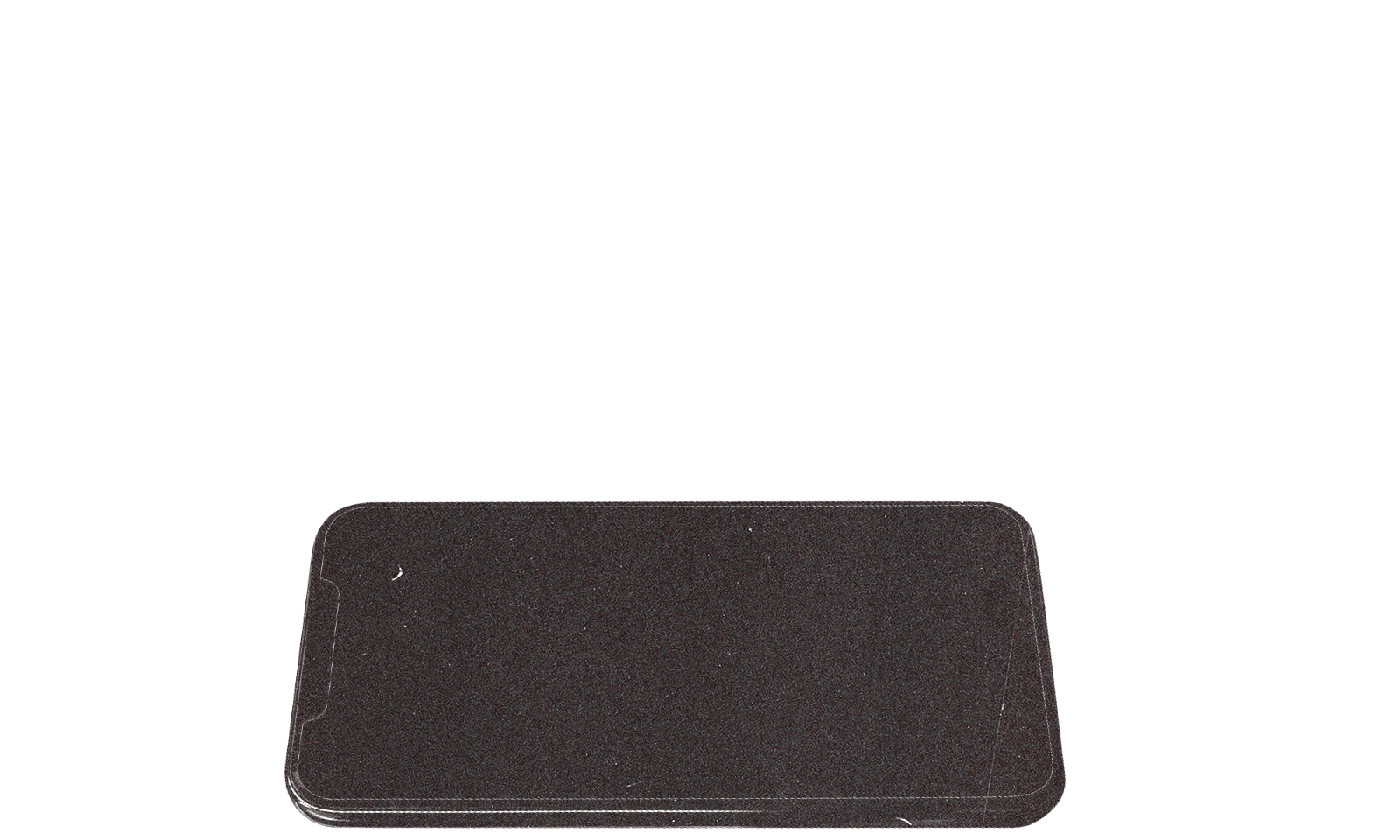Welcome to the positive corner of the internet. Every weekday, we make sense of the confusing world of wellness by analyzing the headlines, simplifying the latest research, and offering quick tips designed to make you healthier in less than 5 minutes. If you were forwarded this message, you can get the free daily email here.
Today’s Health Upgrade
Monday motivation
The science of flexible eating
Pump up your week
Workout of the week
Arnold’s Podcast
Want more stories from Arnold? Every day, Arnold’s Pump Club Podcast opens with a story, perspective, and wisdom from Arnold that you won’t find in the newsletter. And, you’ll hear a recap of the day’s items. You can subscribe on Apple, Spotify, Google, or wherever you listen to podcasts.
Arnold’s Corner: Monday Motivation
Last Monday, I had surgery to become a little bit more of a machine: I got a pacemaker.
I have to tell you, just saying this to all of you goes against so much of my upbringing in Austria, where nobody — ever — talked about medical issues. Everything related to healthcare was kept to yourself.
But I’ve gotten so many messages and emails from people who were born with a bicuspid aortic valve, like me, telling me that talking about my valve replacement surgeries has given them courage and hope to deal with their own.
So, since I know that going against my secretive instinct and being transparent helps people, what choice do I have?
First of all, I want you to know I’m doing great!
I had my surgery on Monday, and by Friday, I was already at a big environmental event with my friend and fellow fitness crusader Jane Fonda. By the way, when we talk about exercise being the only magic pill to slow down aging, look at Jane. She’s ten years older than me, turning 87 this year!
Nobody would ever have thought I started the week with a surgery.
I want to thank my whole team at the Cleveland Clinic. All of the doctors and nurses took amazing care of me and made the surgery as painless as possible.
They also advised me that it was time to go through with this because some scar tissue from my previous surgery had made my heartbeat irregular. It had been like that for a few years, so I stayed in touch with my medical team and visited in person at least once a year to get a full checkup and see how my heart was doing.
That’s life with a genetic heart issue. But you won’t hear me complaining. My mother and her mother’s bicuspid valves killed them. I’m still here because of medical innovation and being very diligent about staying in touch with my doctors and listening to them.
My mom refused to have the valve replacement surgery. But back then, the only option was open-heart. Today, they’re replacing valves with non-invasive procedures where you can go home the same day.
I had my valves replaced for the first time in 1997, which required open-heart surgery. They told me both valves would last 12 to 15 years. Dr. Starnes did a wonderful job, and they made it 21 years, so by the time I went in for replacement in 2018, the non-invasive option was available. Of course, you know that there was a little screwup at the hospital in Los Angeles, and my non-invasive surgery became open-heart. I told that story and shared footage here in this newsletter.
They only replaced one of the two valves, so I headed to the Cleveland Clinic in 2020 and did the other one. This time, the non-invasive Transcatheter valve replacement worked!
But with all of those surgeries, my doctors told me it was more important than ever to stay on top of the situation, and I checked in all of the time, sharing heart rate information from home. We knew the heartbeat was irregular, and my fantastic team watched it like a hawk.
They told me they would let me know when it was time for a pacemaker. I went in for my normal checkup at the beginning of March on my way to the Arnold Sports Festival, and they did a full series of tests. When I got home to LA, like it was fate, I was talking to one of my best friends.
They told me that they had a pacemaker implanted, it was a quick recovery, and their energy levels were back to what they were used to.
That’s one thing you learn about an irregular heartbeat: all that extra work your heart does wears you out. Man, if I can be honest with you, I struggled with those 16-hour days at the Arnold Sports Festival US at the beginning of March and in the UK last week, visiting as many sports as possible and walking through those crowds of hundreds of thousands of fitness fanatics.
The same day I talked to my friend, one of my doctors called to tell me that after looking at all of my results and data and knowing I had six weeks until it was time to film FUBAR Season 2, it was time to go for it. The doctors told me they want many more seasons of FUBAR, and this was the best way!
I told them I’d stop in Cleveland on my way home from the UK, and we’d do it.
Monday, I went under and got my new machine part installed.
Like I said, by Friday, I was out doing my normal environmental work, and nobody knew anything. I can’t do my serious training in the gym for a while, but I will be 100% ready for FUBAR next month!
I could have kept it a secret. But I know that we have more than 750,000 subscribers now (775,000 to be exact — the village is a city now!), and a lot of you are probably dealing with your own health challenges.
I want you to know you aren’t alone.
And if you’re putting something off out of fear, I hope I inspire you to listen to your doctors and take care of yourself.
This village is a place for us to be open and honest because it’s impossible to be truly positive when you keep everything bottled up.
That’s what Arnold’s Pump Club is all about. There are weights that none of us can lift alone.
But together, we can lift anything — we can lift up the world.
You are never alone here.
The Science of Flexible Eating
Sometimes, it can feel like you need to be perfect with every meal. But science paints a very different picture.
If you want to be healthy—and even lose weight—scientists found that you can have dessert and indulgences without needing to stress.
Researchers compared people who followed a typical diet of eating the same thing daily to those who followed the same diet but doubled their caloric intake once per week. The scientists called it “planned hedonic deviations.” We just call it finding time for a really good meal.
Those who enjoyed the bonus meal reported having an easier time sustaining their motivation and self-control around food than those who never got the break. Just as important, those who snuck in the bonus meal lost similar weight despite the weekly indulgence.
There are three important lessons:
A meal plan that delivers the foods you need is the foundation of your diet. Protein and fiber are the base, but you can enjoy carbs and fat and be healthy.
If the foundation is in place, you can enjoy foods that aren’t nutritious.
The super restrictive plans are unlikely to work if you never find time for the foods you love.
Research suggests that a little preparation can help turn your goals into plans that are more likely to succeed—and allow for indulgences.
If you need help building your foundation, Trifecta’s ready-to-eat meals are the easy way to eat better instantly. Trifecta allows you to choose how many meals you want each week and select your dietary preferences — everything from plant-based to Paleo. Trifecta ships you vacuum-sealed meals that can be ready in 2 minutes, and you can keep them in your refrigerator for 10 days when you need something delicious and healthy.
Trifecta’s meals are designed by a two-Michelin-star Chef, and you can adjust your plan to fit any dietary preference or need. Hit the easy button with Trifecta and simplify your diet a 50 percent OFF your order and free salmon. Use the code “ARNOLDEATS” at checkout to receive your discount.
Pump Up Your Week
Here’s another reminder that little wins add up to big victories.
New research suggests that two hours of uninterrupted sitting can cause health issues. Even if you are fit and exercise daily, too much sitting can still increase blood pressure and arterial stiffness.
Your pump-up: Set a timer for every two hours as a reminder to get up and move. If you’re stuck somewhere (like a plane or classroom), fidget in your seat, trace the alphabet with your feet, tap your toes, or perform calf raises—any movement works.
As we shared last week, even 15 steps can make a difference. If you can limit the number of times throughout the day when you sit for more than 2 hours, you can support better health.
Workout of the Week
Is a workout really a workout if it’s just a few exercises? If you know how to pick the right movements, you don’t need much complexity for a great pump.
This week, we’re giving you two different two-exercise workouts. Alternate the two workouts with one day of rest in between. They will look easy on paper but hard on your muscles. Underestimate these if you want, but once you give them a try, you might realize just how easy it is to challenge your body.
Workout 1
Perform 15 to 20 reps of each of the following exercises. Once you do one set of each exercise, that’s one round. Rest as little as possible, and perform as many rounds as you can in 15 minutes.
Workout 2
Perform 8 to 12 reps of each of the following exercises. Once you do one set of each exercise, that’s one round. Rest as little as possible, and perform as many rounds as you can in 15 minutes.
Give it a try, and let us know what you think!
—
Publisher: Arnold Schwarzenegger
Editors-in-chief: Adam Bornstein and Daniel Ketchell






















